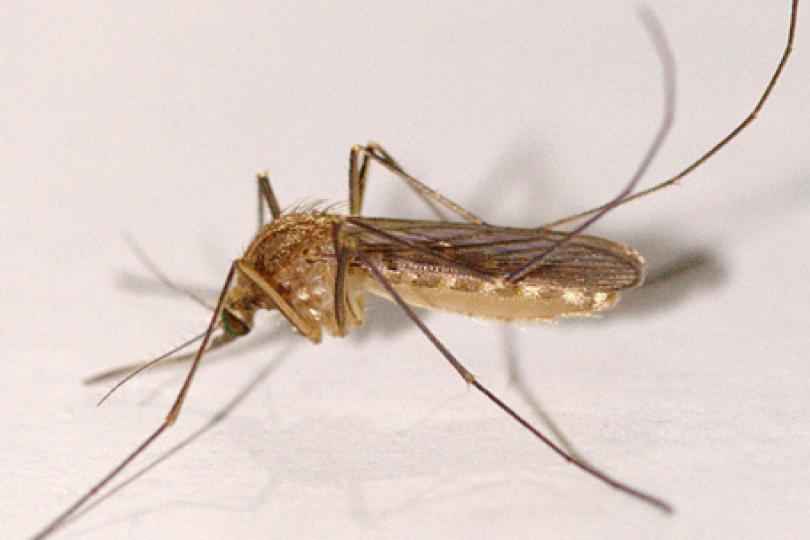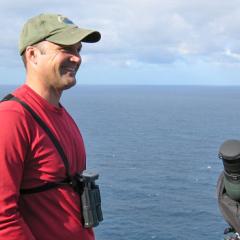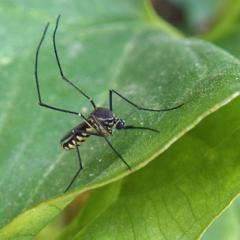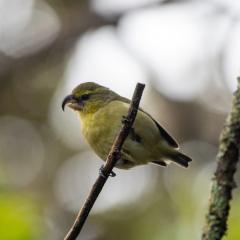Developing a community engagement strategy for solutions to avian malaria
Avian malaria, spread by mosquitoes, is having a rapid and profound effect on Hawaii's forest bird populations, with some at risk of extinction. Three Switzer Fellows will lead the development of a strategy to engage local Hawaiian communities in a proposed solution to the spread of the disease. A new biotechnological solution, called the Wolbachia sterile insect technique, has shown promise in other areas in controlling mosquito populations that spread disease to humans. Research now underway in Hawaii has shown that the technique holds promise to control the mosquitoes which spread avian malaria. Before any implentation takes place, it is essential to engage local communities in understanding the importance of stemming the spread of this disease which is decimating bird populations, and in understanding the basic mechanics of the proposed biotechnological solution. Partnering with the U.S. Fish and Wildlife Service, Hawaiian state agencies, and American Bird Conservancy, Switzer Fellows Brad Keitt, Jonathan Scheuer, and Jason Delborne will develop an outreach and engagement plan using their distinct skills and platforms, and knowledge of Hawaiian culture.





